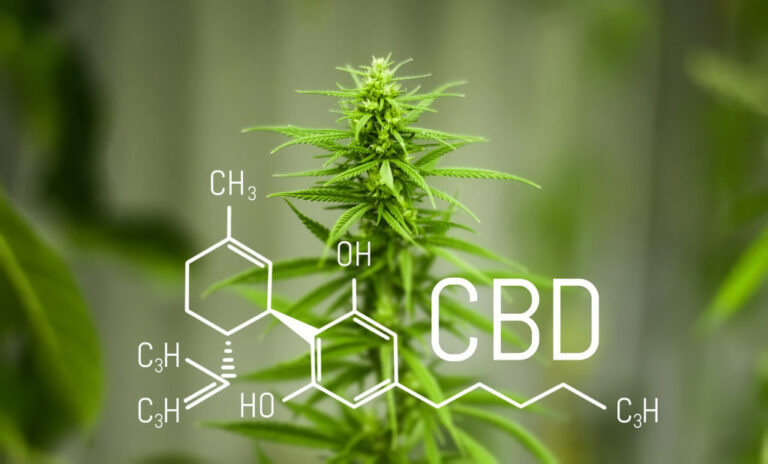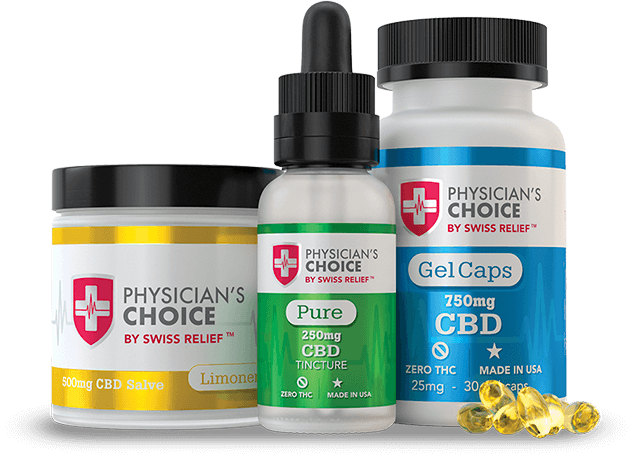CBD, or cannabidiol is one of hundreds of known phytocannabinoids, naturally occurring therapeutic compounds, that can be found in the cannabis (hemp) plant. The medicinal benefits of cannabinoids have been studied extensively for the last 60 years via scientific research done around the world – much of it funded by the US government. These extensive studies lead to the discovery of the endocannabinoid system within the body.
Think of your endocannabinoid system as the “regulator” which affects almost every function of your body, while keeping things in balance. It is an auto-regulatory system – meaning it typically runs all on it’s own, adjusting to our daily input of environmental, emotional & physical stress. It is a bit overworked these days, and in turn the body becomes inundated with dis-ease and dysfunction. CBD can help supplement our endocannabinoid system by when our body just can’t keep up.

CBD is closely related to the more widely known cannabinoid, THC, tetrahydrocannabinol. Though related, they act in very different ways individually, and can create synergistic effects together. CBD is a gentle, non-intoxicating substance that doesn’t typically produce the “stoned” effect that THC products can have. It is a safe, non-addictive substance that has even been shown to assist people in lessening their dependence on prescription medications or other addictive substances. CBD has also been shown to lessen the effects of THC, depending on the amount of each product consumed. A relatively small dose of THC paired with a significantly higher (4x or more) dose of CBD, can enhance the effects of CBD – opening up additional pain receptors in the body, while potentially not incurring the typical effects of THC alone.
CBD can be found in many different products, and used in many different ways. Researching sources and verifying purity of ingredients is essential. Added to topical balms it can provide localized relief from pain and inflammation. Used internally it can provide a myriad of benefits.

CBD is:
- Antioxidative
- Anti-anxiety
- Anti-inflammatory
- Anti-emetic
- Anti-cancer
- Anti-bacterial
- Anti-convulsive
- Anti-ischemic
- Anti-spasmodic
- Anti-depressant
- Analgesic
- Bone Stimulant
- Immunosuppressive
- Neuroprotective
Warnings/Cautions
Best to consult with your MD if you are on any prescription medications.
Possible medication interactions are low, however they do exist, especially when using cannabinoid isolate products vs full spectrum extracts. Typically, this is because isolates can require a higher dose for equal efficacy vs that found with full spectrum extracts.
CBD is a very safe substance, but it can interact with many common pharmaceuticals. At sufficient dosages, CBD will deactivate cytochrome P450 enzymes, thereby altering how we metabolize painkillers, statins, blood thinners, insulin, and other drugs. Typical guidance suggests waiting at least 2 hours after medications before taking CBD products.

Widespread scientific research and mounting anecdotal evidence suggest that it can be useful as a treatment for a variety of medical complaints or conditions, including (but not limited to):
- Insomnia
- Pain (both chronic and acute)
- Skin disorders (psoriasis, acne, dermatitis)
- Gut related disorders (Crohn’s, colitis, IBD, etc.)
- Autoimmune inflammatory disorders (arthritis, lupus, etc.)
- ADHD & Autism related neurological and physiological issues
- Cardiovascular dysfunction (arrhythmia, atherosclerosis, irregular blood pressure)
- Various cancers have shown susceptibility to CBD and THC in laboratory settings
- Neurological conditions (Alzheimer’s, dementia, Parkinson’s, MS, epilepsy, stroke, traumatic brain injury, chronic seizures, etc.)
Dosing
Start small – Go Slow!
Everyone is individual.
When ingesting, a typical starter dose is 1.0 to 5.0mg CBD.
Titrate – take small amounts over time as needed for relief to find a balanced personal dose.
Some people need only the smallest amount, whereas others need larger amounts for relief.
Every body and condition is unique – even whether you’ve eaten or what you’ve eaten can affect the outcome and dose requirements.
Purchase your CBD product of choice today at any of our two locations!
References
https://eastforkcultivars.com/resources
https://www.cannabisclinicians.org/resources/research-library/
https://www.projectcbd.org/science/endocannabinoid-discovery-timeline
https://eastforkcultivars.com/blog/finding-a-cannabis-friendly-medical-professional
https://www.projectcbd.org/sites/projectcbd/files/downloads/projectcbd_introducing-cbd_brochure.pdf
https://www.projectcbd.org/sites/projectcbd/files/downloads/projectcbd_cannabis-dosing-guide_brochure.pdf
https://www.projectcbd.org/sites/projectcbd/files/downloads/projectcbd_what-type-of-cannabis-therapy-is-for-you_brochure.pdf
https://icrs.co/
https://www.steephill.com/science
https://www.cannabisscience.com/r-d/cbis-research
https://www.ncbi.nlm.nih.gov/pmc/articles/PMC4791148/
https://pubmed.ncbi.nlm.nih.gov/?term=cannabis+as+treatment
https://www.ncbi.nlm.nih.gov/pmc/articles/PMC7023045/#:~:text=CBD%20has%20a%20wide%20spectrum,4%2C19%2C20%5D

Comments